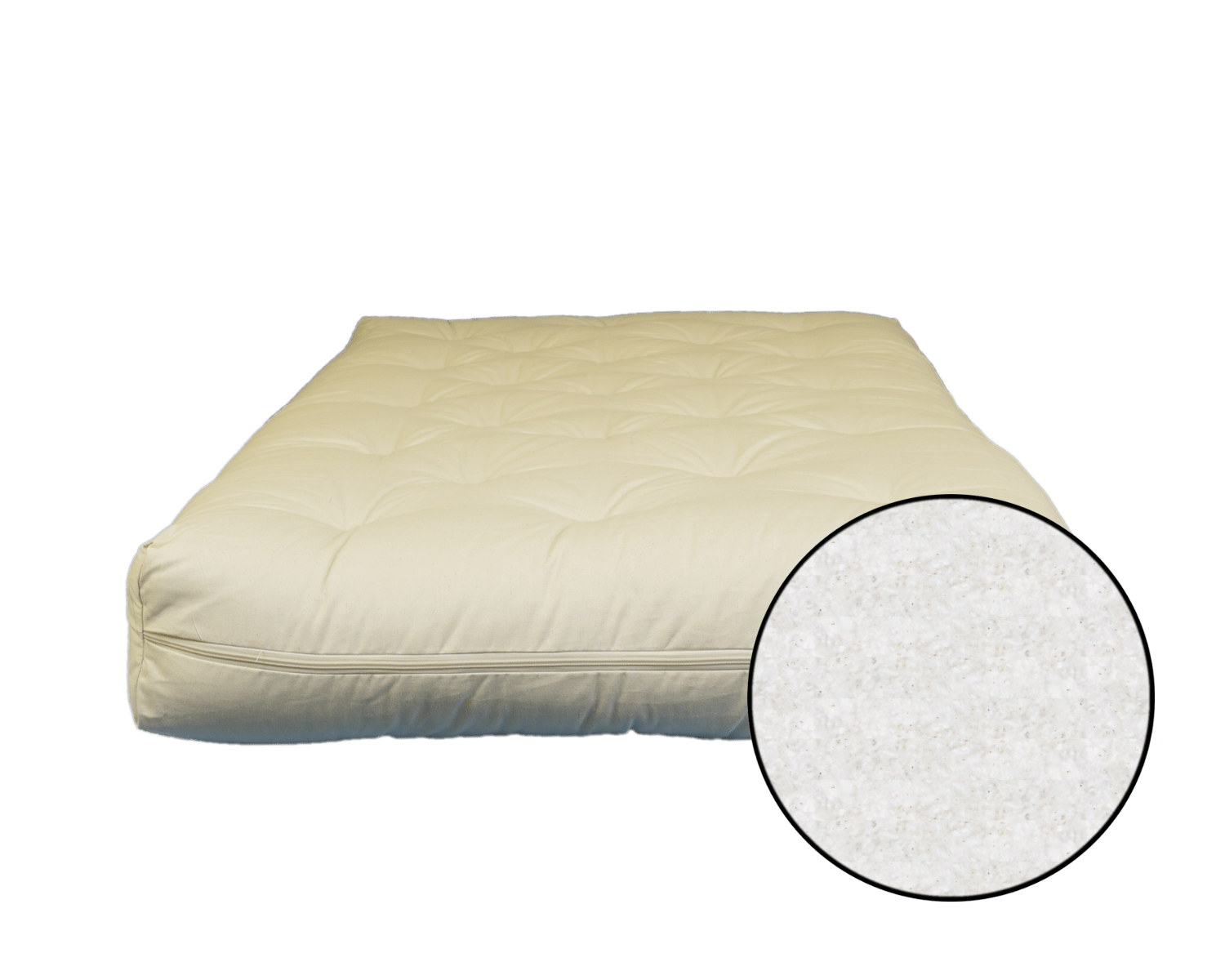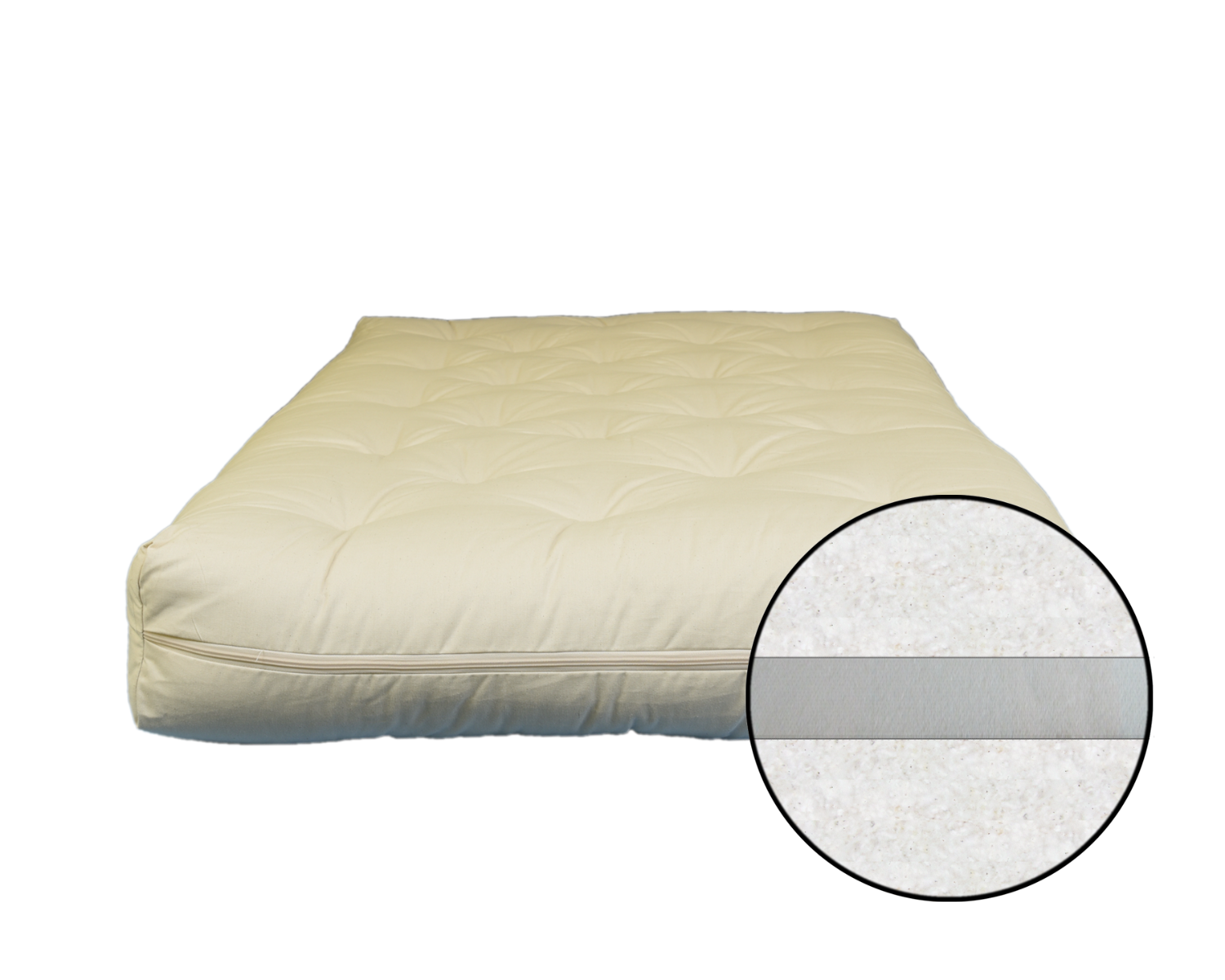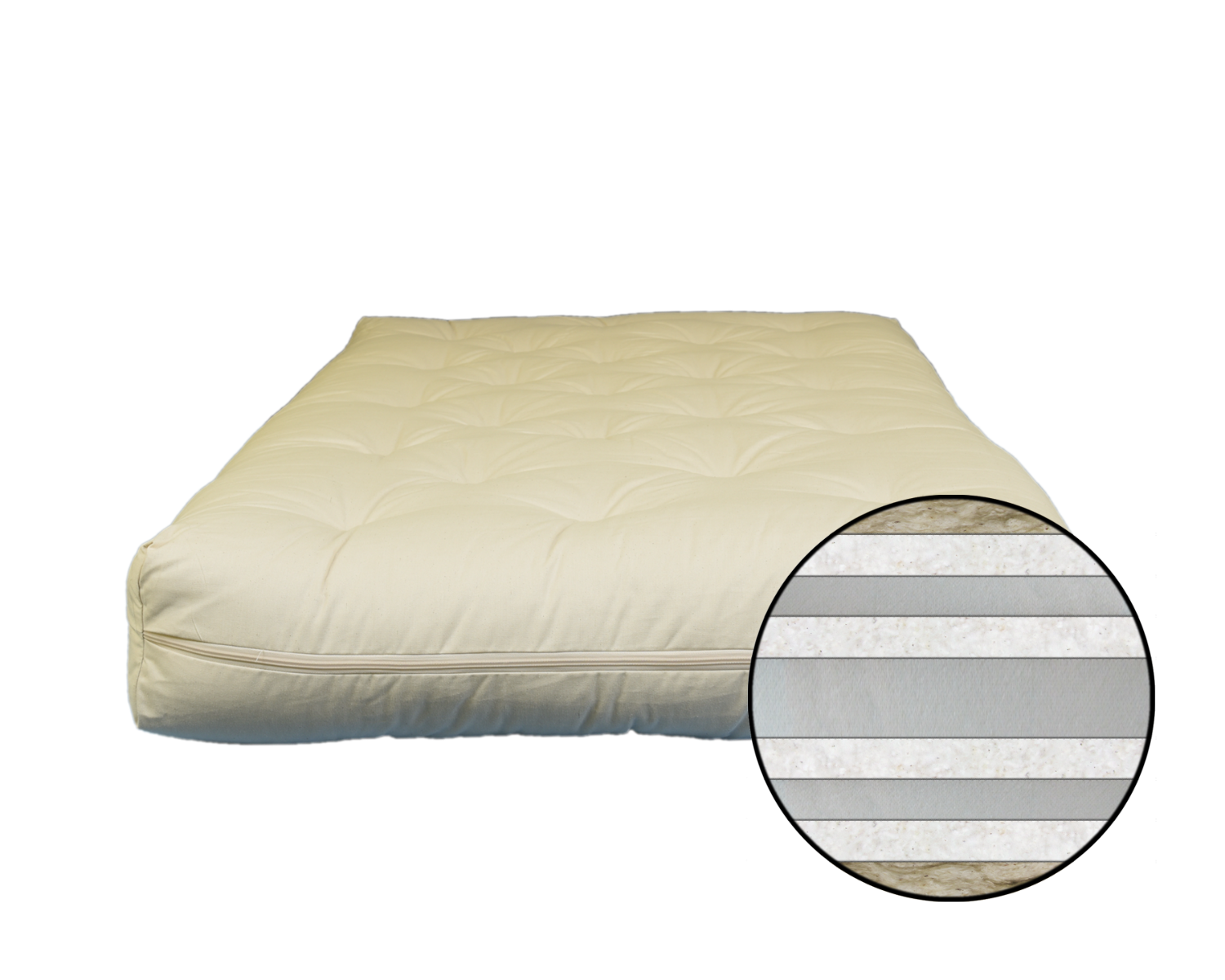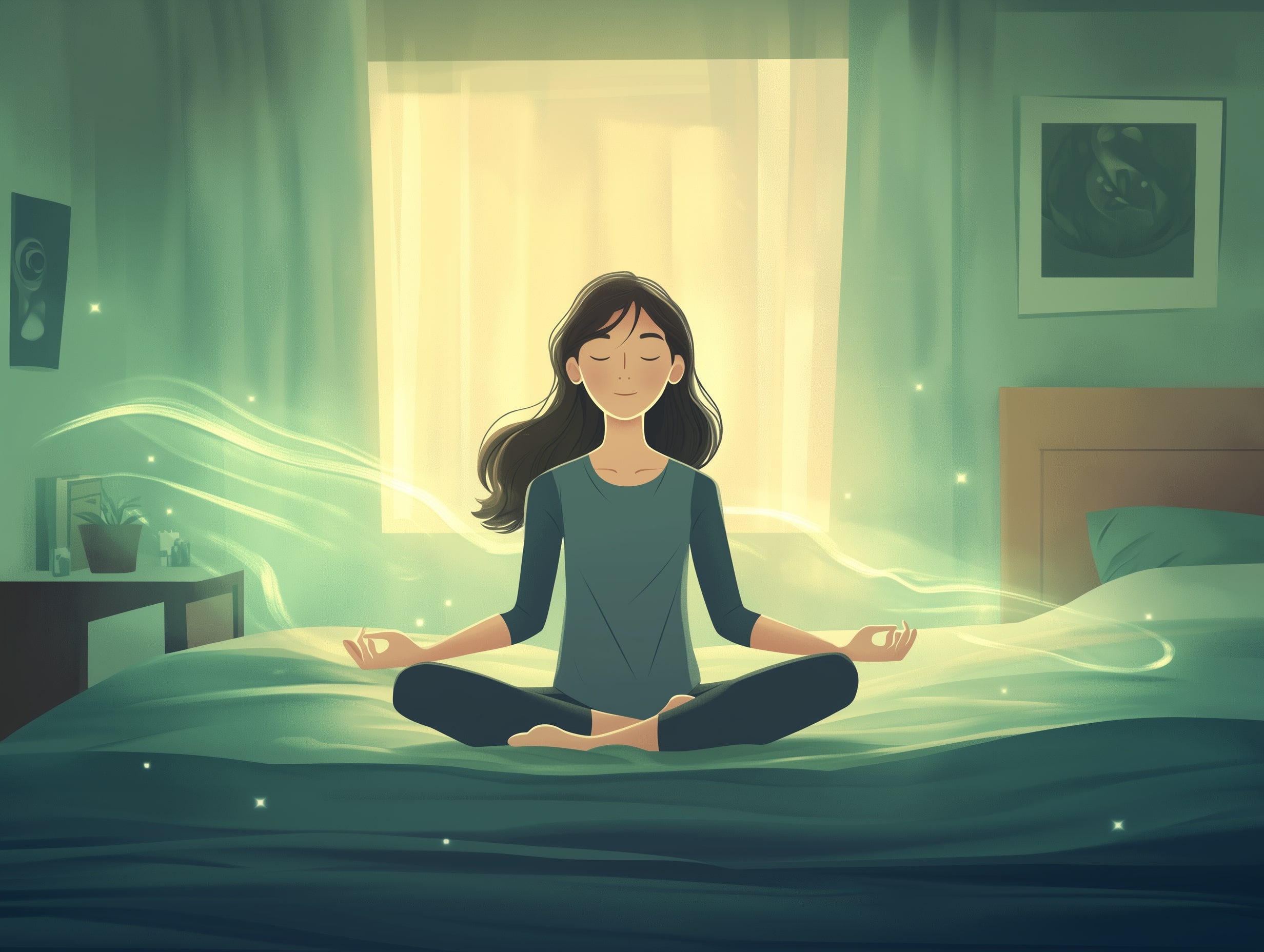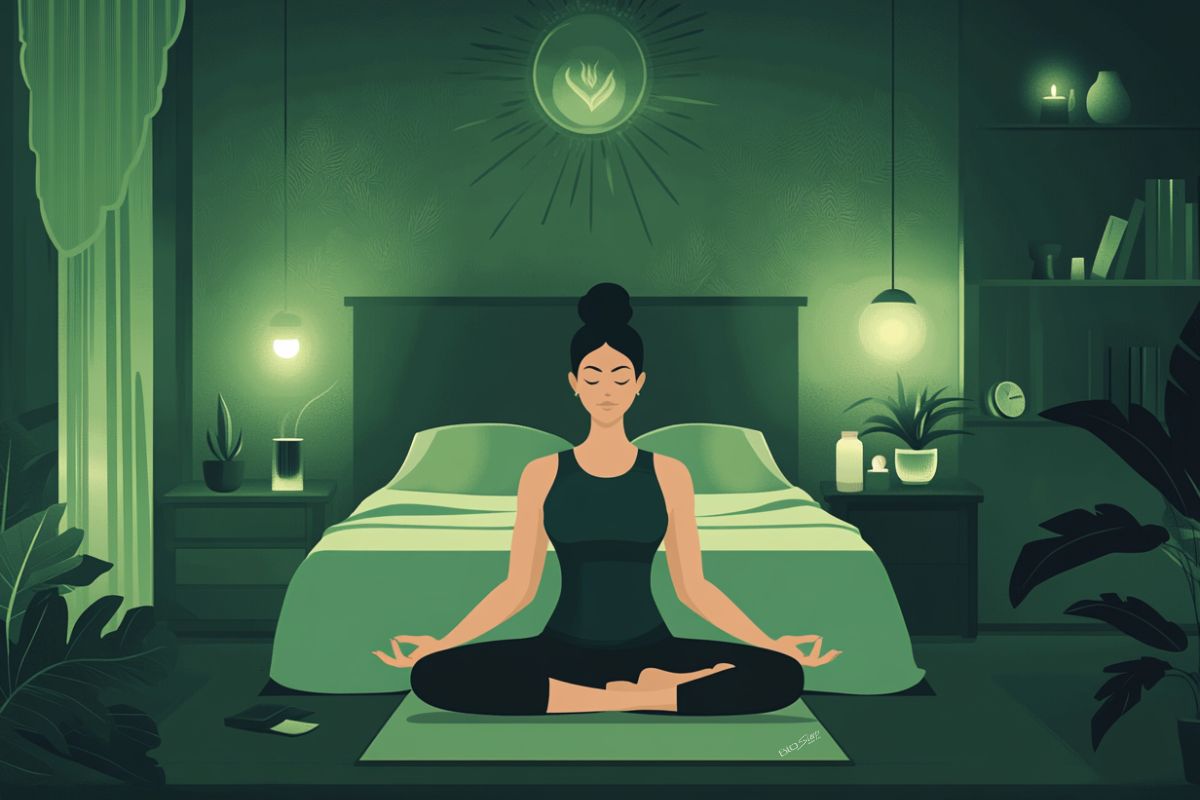Sleep deprivation is a major problem affecting individuals and societies in the modern world. With the advancements in technology and improvements in communication, everyone is constantly connected to the rest of the world. The temptation to check your email or watch another video on YouTube before going to bed can often be hard to ignore.
Moreover, this constant connectivity means that modern employees are expected to be almost always online or on call in one way or another at all times. Even when they’re not at the office, they are constantly bombarded with work-related emails, phone calls, and messages. This leads to a feeling of constant busyness and stress, which can also cause sleep deprivation. The lack of proper and comfortable bedding or a non-toxic mattress can also contribute to the problem.
All of these factors combine to ensure that large sections of the population are chronically sleep deprived over long stretches of time. Apart from digital distractions and work-related stress, the constant noise pollution of the modern world can also cause insomnia in some people.
Other culprits that might lead to sleep deprivation include an uncomfortable sleeping environment, poor quality mattress or bedding, too much light or noise in the bedroom, etc. All of these factors can also come together to cause chronic sleep deprivation and the associated health issues in an individual.
Symptoms of Sleep Deprivation
Sleep deprivation can have myriad negative effects on the human body. The consequences of chronic sleep deprivation are not limited to physical issues and can extend to the realm of the psychological as well. Chronic sleep deprivation can adversely affect your mood, demeanor, and thought process, as well as compromising your physiological wellbeing. Some of the most well-known symptoms of sleep deprivation are as follows:
- Fatigue: Fatigue, sleepiness, and exhaustion are some of the most common symptoms of sleep deprivation. When experiencing fatigue, you might have a constant sense of drowsiness and tiredness, causing you to feel less than completely present in the moment. This might affect your productivity and the quality of any work that you do while you are in this state.
- Mood Swings: Sleep deprivation can have a profoundly negative effect on your mood, causing you to be excessively irritable and short-tempered. Irritability is often associated with the lack of sufficient sleep by experts. On the other hand, getting a solid and restful sleep at night will allow you to wake up feeling refreshed and happy.
- Lack of Concentration: The ability to focus and concentrate on a particular topic or task requires a well-rested mind. Therefore, a person’s ability to concentrate is severely impaired when they are sleep deprived. This decrease in focus and alertness may lead to uncharacteristic errors and mistakes in your work and lower productivity. The lack of concentration may also lead to accidents and mishaps.
Importance of Getting a Proper Night’s Sleep
Mentioned above are just some of the problems that might stem from chronic sleep deprivation. A lack of proper rest might also lead to disorientation, paranoia, hallucinations, poor planning and decision-making, memory impairment, etc. Therefore, getting a few hours of solid and restful sleep every night is of great importance for long-term health and well-being.
It is believed that most adults need anywhere between six to eight hours of sleep each night in order to obtain a sufficient amount of rest. Infants, on the other hand, typically need 16 hours of sleep, while most teenagers require about nine hours. Pregnant women sometimes need more sleep than usual, particularly during their first trimester.
Around 30 percent of Americans are believed to be sleep-deprived to one extent or another. This means that they get less than six hours of sleep every night. This number is even higher when it comes to people, who work night shifts, or those whose sleeping schedules are frequently disrupted. Chronic lack of sleep, however, must be guarded against in the long term because it can cause an array of health conditions such as high blood pressure, diabetes, and stroke to crop up.
Just staying in bed for eight hours each night also does not necessarily mean that you have had enough sleep. A person can lie in bed without being actually asleep. And while being in bed may be restful, it does not equate a solid eight hours of slumber. Therefore, you must ensure that you spend those precious hours actually sleeping, rather than just tossing and turning in bed. Getting a high-quality non-toxic mattress for your bed can help with that.
Amenities Required for a Good Night’s Sleep
For you to be able to get the required amount of sleep, certain conditions must be met. Firstly, you must invest in a high-quality, soft, comfortable, and non-toxic mattress. You must also get quality bedding, including soft, cotton sheets and comfortable pillows. Lastly, you need a bedroom that is both dark and relatively silent.
If noise-pollution is a problem, you might want to consider buying a set of comfortable earmuffs. Lastly, set the air-conditioner to the temperature that you find comfortable and invest in a few sets of comfortable pajamas. These might help you beat sleep deprivation and wake up feeling refreshed and rejuvenated each morning.


